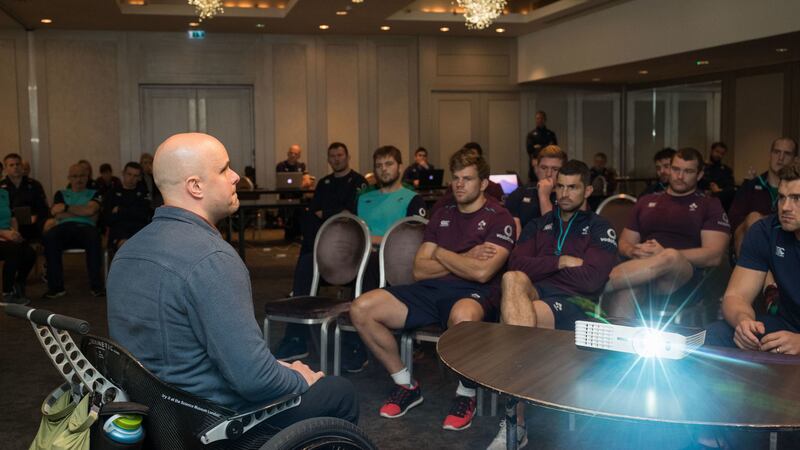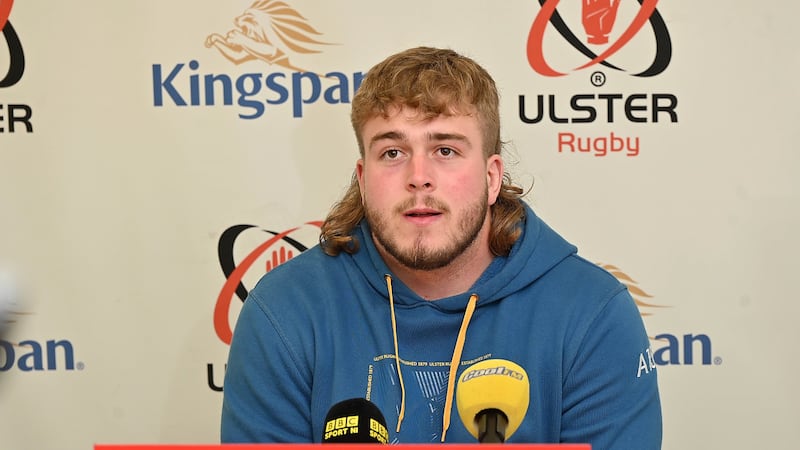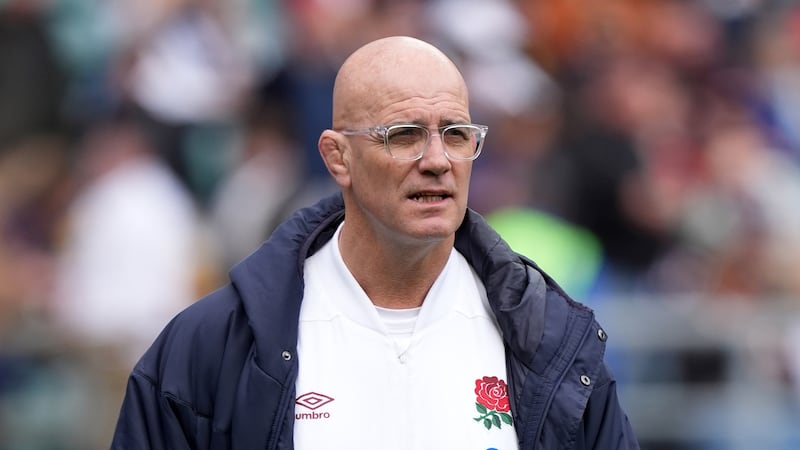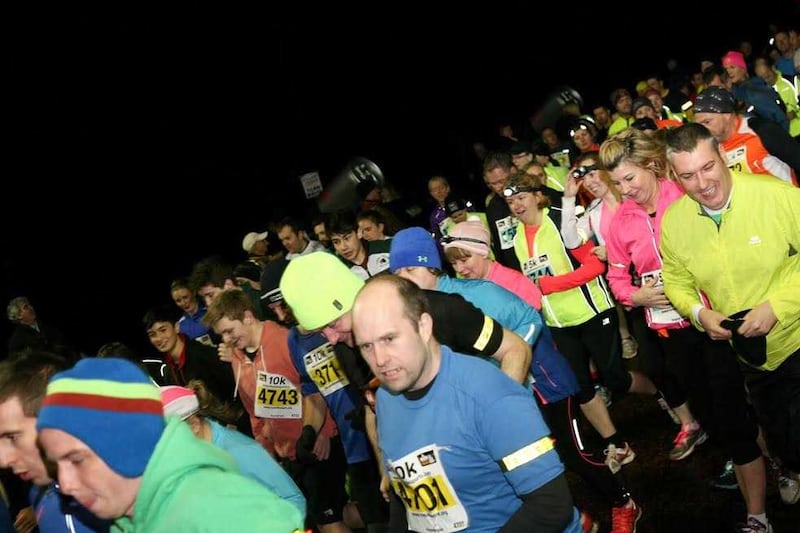Co Down native Mark Pollock thought long and hard about what he could say to help inspire - in any little way - Ireland's rugby team to its first ever victory against the All Blacks.
No stranger to motivational speaking to big businesses, this was different for Pollock.
This was a sports team he had supported his whole life.
So what on earth could he say to Ireland captain Rory Best and his team-mates in a 20 minute slot in the training camp in Carton House ahead of their flight to Chicago?
"It occurred to me that they should act like they are explorers," said Pollock. "That is how I have approached my paralysis. Exploring to find a cure."
When Pollock lost his sight in 1998 at the age of 22 he didn't believe that he could lead a normal life.
He went on to become a two-time Commonwealth rowing medallist and, in 2009, the first blind man to take part in a competitive race to the South Pole. He also ran a marathon across the Gobi desert.
Pollock's life took another dramatic turn in 2010 when a fall left him paralysed from the waist down. He fractured his skull and broke his back in three places when he fell on to a patio from the open window of a house. The fall happened just months before me was due to marry his fiancée Simone.
Even that incident didn't stop Mark in his tracks: he is now totally immersed, along with Simone, in the search for a 'cure' for paralysis and spinal chord injuries.
In Belfast on Wednesday16th November more than 2500 joggers will congregate in the grounds of Stormont after sun down for Run in the Dark, in aid of the Mark Pollock Trust, which raises awareness and funds. They join more than 16,500 worldwide.
The charity aims to raise €5 million by 2020, a goal which Mark says will open more funding opportunities.
"It occurred to me that what the Ireland team was doing was trying through human endeavour to make the impossible, possible, Pollock said. "Ireland had never beaten the All Blacks."
"History is filled with accounts of the impossible made possible through human endeavour. The same human endeavour that allowed explorers to reach the South Pole 100 years ago and saw astronauts travel to the moon 50 years ago.
"If there was an overlap it was that my challenge to cure paralysis has not yet been overcome and neither had their challenge to beat the All Blacks. So, I simply suggested that if they were in the business of writing a new account of history where the impossible is made possible then they might like to think like explorers."
Pollock said there was no whooping and cheering as he made his speech but a dead silence as the players listened to his words.
"It was concentration in a way you don't come across every day. There was a level of professionalism that I haven't seen in any environment before. A sense of calm. Everyone in the extended team knew exactly what they were meant to be doing."
Pollock listened to Ireland's 40-29 defeat of New Zealand streamed through his mobile phone. Usually he listens to radio coverage but had to settle for TV commentary instead.
"It was frustrating. With TV the commentary is not so good [when you can't watch the video]. I didn't know what was happening in parts!"
"I don't want to overstate it. I gave a talk and if they got something out of it, even in a small way, then that would be amazing. Rory presented me with a signed jersey which obviously in light of the result means even more"
There are few as focused as Pollock on his adventure to discover a cure for paralysis. Last year he was able to stand on his own unaided for the first time since the accident.
With the aid of electrical currents sent into his back, Pollock can walk in his San Francisco made robotic legs.
The Mark Pollock trust is funding a project involving 12 other paralysed people and 12 able-bodied people with Trinity College in Dublin, in partnership with UCLA in Los Angeles
"In the next year I would hope that we would have a full-scale clinical trial with people walking in robots".
To take part in the Run in the Dark on November 16 go to www.runinthedark.org







